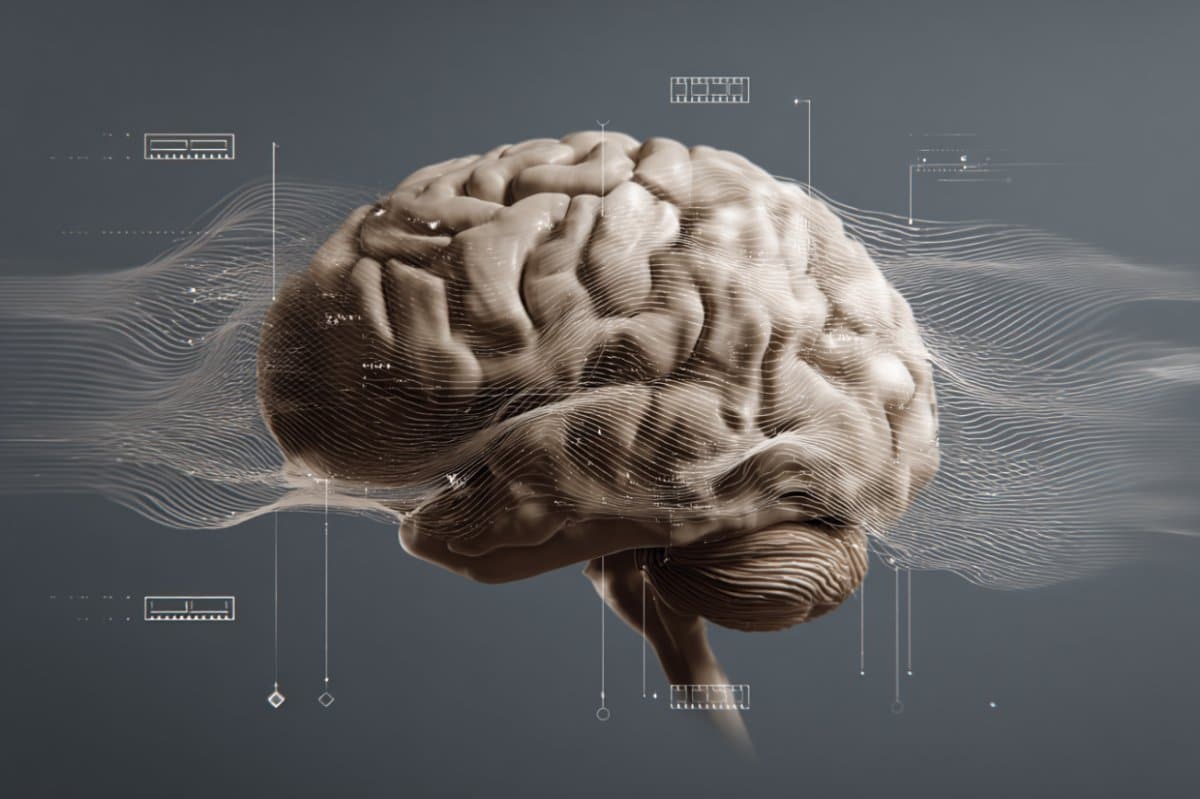T4K3.news
Fasting Before Bed Found to Enhance Memory
New research suggests that skipping dinner can boost the brain's memory functions during sleep.

Skipping dinner can be an effective method to enhance memory during sleep.
Fasting Before Bed Boosts Memory Processes in the Brain
Research in the European Journal of Neuroscience reveals that fasting before sleep may enhance the brain's ability to process memory. Neuroscientist Niels Niethard highlights findings from studies on rats showing that a six-hour fast alters brainwave patterns during sleep. This adjustment increases the coupling of slow oscillations and sleep spindles, rhythms believed to be essential for memory consolidation. Similar correlations in human studies suggest fasting and metabolic health can influence sleep's memory functions.
Key Takeaways
"Fasting led to a significant increase in the density of SOs and sleep spindles."
This highlights the potential of fasting in enhancing memory processes during sleep.
"Hunger... might also help shape the brain's internal rhythm."
This suggests that our eating habits significantly affect memory performance at night.
These insights into fasting's impact on memory function represent a shift in understanding how not just sleep supports memory but how our eating habits can influence this process. As researchers delve deeper, the link between metabolic health and sleep functions underscores the need for a holistic view of memory enhancement. This emerging narrative highlights that fasting before sleep could serve as a simple yet powerful strategy for improving cognitive function, particularly in a world where many seek effective learning tools.
Highlights
- Hunger not only sharpens senses but also strengthens memory curves overnight.
- Can skipping dinner be the key to better memory functioning?
- Metabolism influences how effectively we process memories in our sleep.
- Fasting tunes our brain's rhythm and boosts memory consolidation.
Potential Concerns About Fasting Practices
While the benefits of fasting are promising, they may not be suitable for everyone. Individuals, particularly those with metabolic disorders, should approach fasting with caution. Altering meal timing can lead to differing effects on memory and overall health depending on personal health conditions. It is crucial to consider these factors before making dietary changes.
As research advances, the implications of meal timing on cognitive enhancement may reshape our daily habits.
Enjoyed this? Let your friends know!
Related News

Negative Home Items Affect Mental Health

Documentary Investigates Iconic Vietnam Photo Controversy

Dark history of psychiatric abuse revealed

New study links lifestyle changes to delayed Alzheimer's effects

New MRI test predicts biological aging and health risks

Study reveals health benefits of ageing

Teen diagnosed with heart failure after years of dismissal

Researchers uncover new mechanisms of memory structure
